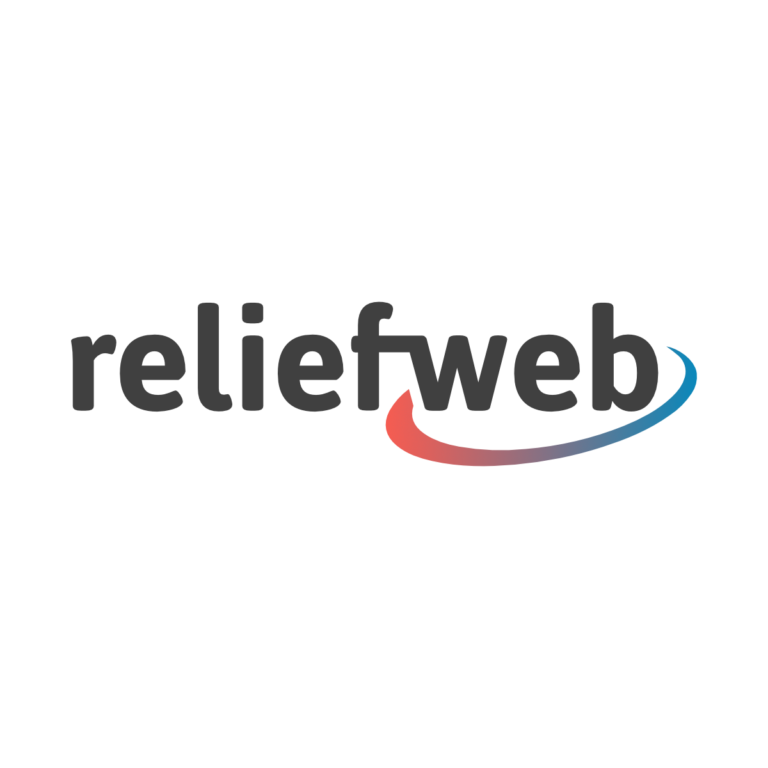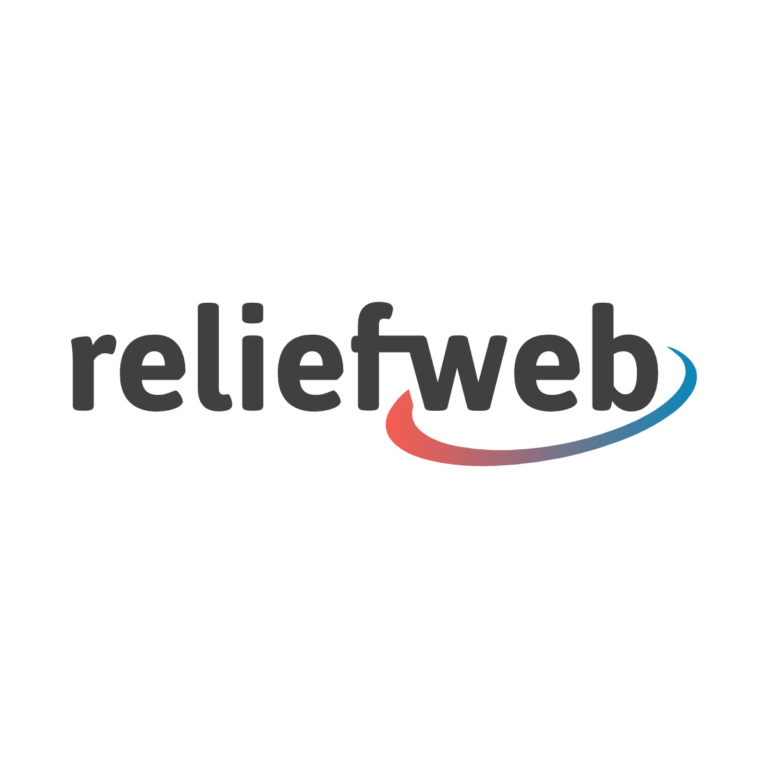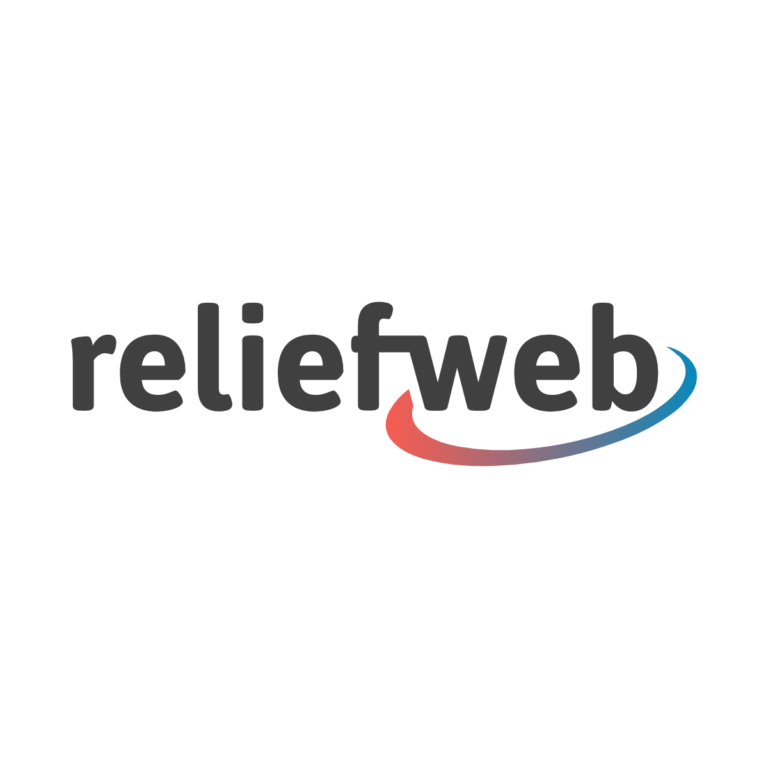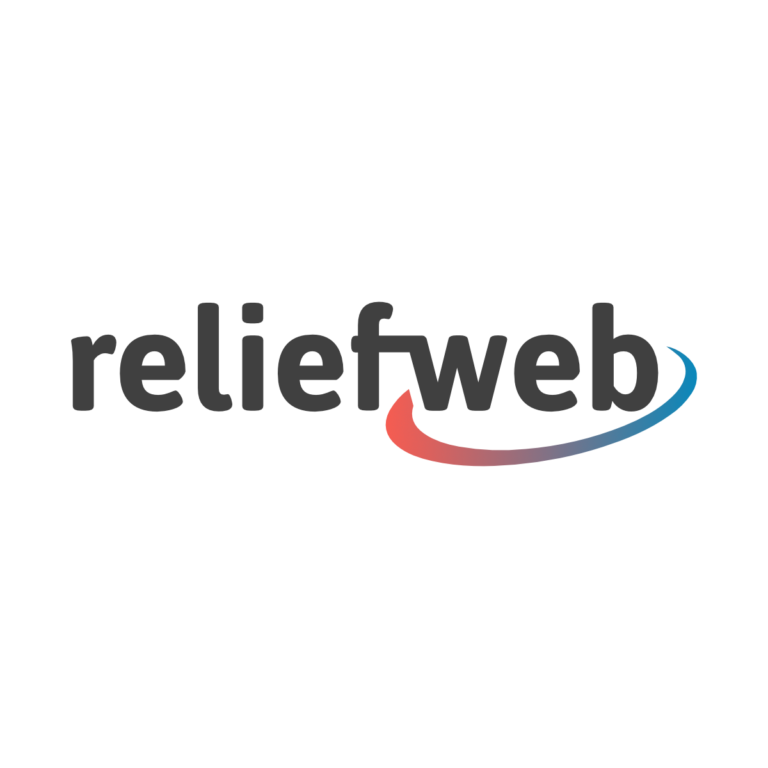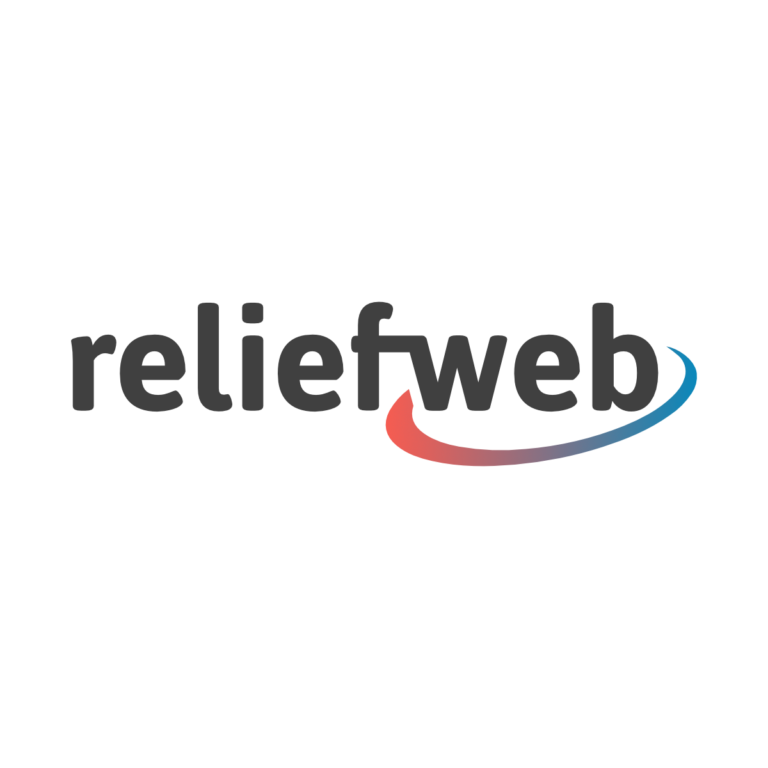ALIMA, the international medical NGO with a human face, which places at the heart of its model the co-construction of projects and professional paths
ALIMA PRESENTATION
ALIMA’S SPIRIT: ALIMA’s purpose is to save lives and provide care for the most vulnerable populations, without any discrimination based on identity, religion, or politics, through actions based on proximity, innovation, and the alliance of organizations and individuals. We act with humanity and impartiality in accordance with universal medical ethics. To gain access to patients, we undertake to act in a neutral and independent manner.
Our CHARTER defines the VALUES and PRINCIPLES of our action:
- Putting the Patient First
- Revolutionizing humanitarian medicine
- Responsibility and freedom
- Improve the quality of our actions
- Placing trust
- Collective intelligence
- Environmental responsibility
ALIMA promotes and defends the principles of fundamental human rights. ALIMA has a zero-tolerance approach towards those guilty of acts of gender and sexual violence as well as towards inaction in the face of alleged or proven acts of violence. The protection of those benefiting from and impacted by our intervention is our top priority in everything we do. Everyone collaborating with ALIMA is committed to:
● Respect the charter, the code of conduct, the institutional policies including the policy of protection against abuse of power and sexist and sexual violence, the policy of prevention of corruption and fraud;
● Report any violation of the policies, framework documents, and procedures to a superior, to a referent
CARING – INNOVATING – TOGETHER:
Since its creation in 2009, ALIMA has treated more than 7 million patients and today deploys its operations in 12 African countries. In 2020 we developed 67 humanitarian medical response projects to meet the needs of populations affected by conflicts, epidemics, and extreme poverty. All of these projects are carried out in support of national authorities through nearly 357 health facilities (including 45 hospitals and 312 health facilities). Whenever possible We work in partnership with local NGOs to ensure that our patients benefit from the best and most relevant expertise wherever it is, whether within their own country or in the rest of the world. In addition, to improve the humanitarian response, we are carrying out operational and clinical research projects, particularly in the field of the fight against malnutrition and viral hemorrhagic fevers.
ALIMA’S TEAM: more than 2000 people are currently working for ALIMA. The field teams, closest to the patients, receive their support from coordination teams generally based in the countries’ capitals. These receive support from the 4 desk teams and the emergency and opening team based at the operational headquarters in Dakar, Senegal. The Paris and New York teams are actively working to raise funds and represent ALIMA. The rest of the ALIMA Galaxy includes individuals and partner teams working on behalf of other organizations such as medical NGOs BEFEN, ALERT Health, SOS Doctors / KEOGO, AMCP, research organizations PACCI, and INSERM, Bordeaux or Copenhagen Universities, the INGO Solidarités International, and many others.
COUNTRIES WHERE WE WORK: Mali, Burkina Faso, Central African Republic, Nigeria, Niger, Chad, Democratic Republic of Congo, Cameroon, Guinea, South Sudan, Sudan, Mauritania.
THE WORK WE DO covers: Malnutrition, Maternal Health, Primary Health, Pediatrics, Malaria, Epidemics (Ebola, Cholera, Measles, Dengue, Lassa Fever), Hospitalization, Emergencies, Gender-Based Violence, Opening / Closing.
UKRAINIAN CRISIS
ALIMA aims to provide emergency health care for the populations affected by the Ukrainian crisis. The objective is to reduce mortality and suffering among the populations affected by the war. ALIMA will focus on the most affected areas to maintain access to health care and to prepare and respond to any potential disease outbreak and to support influx of wounded patients in areas directy affected by the bombings. In Moldova, ALIMA will provide health care for refugees and support the health system to manage the influx of refugees from Ukraine.
PROTECTION OF BENEFICIARIES AND COMMUNITY MEMBERS
Level 3: As part of his/her duties, the incumbent will visit programs and come into contact with children and/or vulnerable adults. Therefore, a criminal record check or a certificate of good conduct will be required. In situations where it is not possible to provide a criminal record or a certificate of good conduct, a declaration of honor will be requested.
FUNCTIONAL AND HIERARCHICAL LINKS
➢ He/she reports to the Head of Mission, based in the coordination
➢ He/she manages the project management team (e.g. Medical Officer, Administration Officer, Logistics Officer, and Nursing Officer) as well as the national teams in collaboration with the technical officers at the project level.
➢ He/she collaborates with the coordination (medical, logistic, financial, and human resources) and with the partners.
MAIN TASK
Under the supervision of the Head of Mission, the project coordinator is responsible for the implementation of the country’s operational strategy in his/her area of intervention, in line with the three-year strategic plan and ALIMA’s mandate.
More specifically, he/she is responsible for the implementation of the project and for contributing to the results set for the project according to the evolution of the humanitarian situation and the needs in the intervention zone and on the basis of the medico-operational objectives prefixed in collaboration with the coordination, in the respect of the humanitarian principles and the mandate of ALIMA. He/she is the guarantor of the security of his/her teams in the whole intervention zone. He/she is responsible for the supervision of the teams, the monitoring of the programmatic indicators and the contractual indicators of the donors, and the monitoring of the project’s expenses – with the support of the coordination – and the communication with the governmental and non-governmental actors in relation to the project.
CORE BUSINESS
The CP, above all, must:
● act in accordance with ALIMA’s mandate, humanitarian principles, and the “do no harm” principle.
● Respect the operational strategy defined with the other coordinators (collaborate with other humanitarian, international, and governmental actors present in the intervention zone).
1. Definition and strategic planning
● Analysis of the context (environment, actors, security, access negotiations…) and humanitarian issues.
● Identifies and analyses medical and humanitarian needs in collaboration with the Medical Referent, in order to propose a relevant operational strategy for the area of intervention, in line with ALIMA’s mandate, humanitarian principles, and the “do no harm” principle.
● Proposes an operational setup and relevant planning (timeline, budget, supply plan…) according to the operational strategy defined with the other coordinators (head of mission, medical coordinator, logistics coordinator, financial coordinator, and HR coordinator).
● Assess risks and constraints, and propose adaptations to the strategy and action plan in the event of unforeseen developments after consultation with the country coordination (head of mission, medical coordinator, logistics coordinator, financial coordinator, and HR coordinator) and other humanitarian, international, and governmental actors present in the intervention zone.
2. Program Implementation
a. Project management and monitoring
- Applies project management tools provided by the project leader
- Controls the respect of the established timetable and the fixed objectives.
- Evaluates the objectives of the project and their implementation (financial, human, logistical…) through the elaboration of regular synthetic and relevant reports for the coordination (SITREP)
- Follows up on each department present on his base and ensures the proper implementation of activities according to the set objectives.
- Ensures effective communication within the team and a smooth flow of information (operational objectives, tools, timeline, context…).
- Organize, lead and document coordination meetings with his/her team, according to the frequency defined with the country coordination (weekly or daily in case of emergency intervention)
- Organizes the memory of the project by keeping a written record of its evolution.
b.Representation
- Participates in coordination meetings in its area of intervention (sub-cluster, response meetings…).
- Collaborates with humanitarian and medical actors to ensure good coordination of activities and teams in the intervention zone and the pooling of resources.
- After validation by the Head of Mission, may be asked to carry advocacy messages to local actors and/or authorities.
- Maintains close relations and regular exchanges with the administrative and health authorities for the proper conduct of the project (signing and compliance with the MoU, negotiation of resources allocated to activities, joint implementation of activities …).
- With the support of the country coordination (head of mission and/or medical coordinator), organizes the visits of technical and financial partners in its area of intervention.
c.Management of material and financial resources
- Controls the budget of its base and makes each department responsible for controlling its budget lines
- Supervises and validates the proper use of the resources made available by ALIMA for the project, all orders (medical and logistical), and purchases of the project.
- Checks that the monthly monitoring of the status of project expenditures and commitments is done and participates in the analysis of financial data with the administrative manager of his/her base
- Ensures compliance with standards in the administrative management of the project.
- Controls that the monthly monitoring of the status of the project logistics is done and participates in the analysis of data with the RLP of the project(s) in its area of intervention (monitoring of stocks, equipment, vehicle fleet, communication …).
- Responsible for the implementation and monitoring of the procurement plan in collaboration with the RPL.
d.Data analysis and reporting
- In collaboration with the project medical team and the coordination (head of mission and medical coordinator), he/she proposes SMART and relevant programmatic indicators in order to evaluate, monitor and guarantee the quality of the project according to ALIMA protocols and international standards (SPHERE, WHO…).
- Oversees the implementation of a medical data collection and analysis and epidemiological surveillance system (with the support and validation of the medical coordinator) and its evolution according to needs.
- Consolidate reports from all departments and analyze data for sharing with the coordination according to the mission timeline (SITREP).
- Contributes to the writing of projects and future projects in his area of intervention as well as to the internal and operational reporting of all projects in the same area.
e.Team management and leadership
- Follows individually each team member for whom he/she is directly responsible: coaching, support, advice, and evaluation.
- Identifies training for its teams.
- Produces the POPs (performance objective plans) for the team members under his/her direct responsibility in collaboration with their technical referents and ensures that they guarantee the POPs for their teams.
- Carries out the end-of-mission evaluation of team members in collaboration with their technical referents and shares it with the head of mission and the administration
- Prevents and resolves conflicts within the team in collaboration with the administration and the tools at his/her disposal.
- Ensures that safety and health constraints are understood by all.
- Plan and lead working meetings with the team and partners: project progress, security, team meetings, ensure that minutes are shared with the desk and archived in the drive
- Transmits to the teams’ information and directives given by the coordination and/or the ALIMA headquarters.
- Plans replacements for project personnel.
- Contributes to the drafting of job profiles.
- Participates in the composition of teams.
- Responsible for welcoming and briefing new expatriate arrivals Alima.
- Define job profiles and performance objectives for team members
- To carry out the assessments of its team in an approach of professional course
- Facilitating training actions to develop/reinforce team skills on HR and cross-functional themes.
- Propose and support job changes in accordance with ALIMA policies
- Propose and anticipate secondments
- Promote staff mobility (internal and external) within the framework of the policies in force
- Identify the skills that team members need to acquire to master their jobs and organize training to reinforce them
- Organize and lead team meetings
f.Security analysis and management
- Responsible for the safety of ALIMA employees and partners in the projects in his/her area of intervention
- Assesses the risks and threats associated with the implementation of activities.
- Establishes the security rules for his area of intervention, under validation of the country coordination, distributes them to the staff, and ensures that they are respected by all the project teams.
- Identifies and develops a network to ensure team security and access to vulnerable populations targeted by the project. This may involve direct or indirect negotiation with armed groups and humanitarian actors (e.g. UN) in the intervention area.
- Collects, centralizes, and analyzes information related to the security environment and shares with the Head of Mission to facilitate decision making
- Informs the country coordination of individual or collective behaviors in contradiction with the safety rules and if necessary participates in the disciplinary process
- Informs the country coordination of any security incident or threat that may impact the security of ALIMA personnel and/or assets
- Ensures with the administrative manager of the project the security of the cash and the update of the cash management guide.
- Ensures that the ALIMA procedure is respected and applied in the event of a major incident.
g.Development of computer tools
- Encourages the use of the drive for information sharing and archiving
- Gives ALIMA employees the means to train in the use of these tools
h.Implementation of preventive measures against abuse of power, gender-based and sexual violence:
- Ensures that his/her team, partners, and community members are aware of ALIMA’s policy and have access to information (complaint reporting mechanism, focal point, etc.).
- Facilitates the organization of training and awareness sessions
- Implements standards for the prevention of abuse of power, gender-based violence, and sexual violence.
- Ensures that the members of his/her team and those of the partners involved in the project (Ministry of Health, national partners, etc.) follow the training and awareness sessions and apply the rules of abuse prevention.
- Contributes to creating and maintaining a nurturing and protective environment for the team, community members, and partners involved in the project.
EXPERIENCE AND SKILLS
● Previous experience in an equivalent position in an international NGO.
● Previous experience in degraded security and emergency contexts.
● Medical or paramedical qualification or experience in medical project management is an asset
● Previous experience in managing a multicultural team.
SKILLS
● Ability to listen and empathy.
● Easy communication.
● Ability to analyze the context, understand medical and humanitarian issues.
● Animation and motivation of teams.
● Ability to identify and anticipate problems and risks.
● Problem-oriented mindset.
● Organization of roles and delegation of tasks within a team.
● Ability to set priorities.
● Establishment of networks of contacts and ability to maintain a neutral posture with opposing actors in the same armed conflict.
● Autonomy.
● Sense of responsibility.
● Ability to take initiative and make decisions.
● Good stress management.
● Flexibility.
● Mastery of computer tools (GSuite and pack office).
Languages :
● Oral and written fluency in English is essential, French is an asset.
● Proficiency in a local language is an asset
CONDITIONS
Duration and type of contract: French contract: 6 months
Starting position:
Salary: according to ALIMA scale + experience + per diem
ALIMA supports :
● travel expenses between the expatriate’s home country and the place of assignment
● accommodation costs
● 2.08 days off per month
● daily per diem
● medical coverage from the first day of the contract to one month after the date of departure from the country of assignment for the employee and his/her dependents
● the break policy every 3 months (for 6 months of the mission)
● evacuation for the employee.

